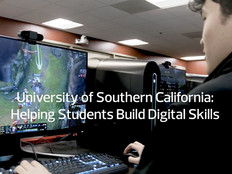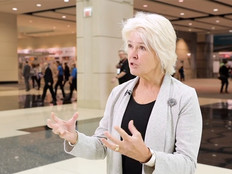Classroom
EDUCAUSE 2020: How Colleges Have Shifted to Remote Models for Esports
While many collegiate athletics programs have been forced to go on hold as campuses closed in response to the COVID-19 pandemic, esports has been able to carry on — and in some cases, thrive. Because esports is already dependent on technology, there was no need to rethink the core of the model. Adjusting became more about accommodating esports activities from a distributed set of locations as opposed to a single location, such as an esports arena, which many colleges and universities have invested in building as part of their nascent esports programs.
We spoke with several higher education esports experts to better understand how colleges and universities are adapting esports to the remote environment and glean some lessons learned that might carry over post-pandemic. Find more coverage of EDUCAUSE 2020, including more interviews and advice from higher ed experts, here.
Participants
- Jim Stasik, Director of Enterprise Infrastructure Services, Montgomery County Community College
- Randy Sieminski, Director of Athletics, SUNY Canton — College of Technology
- Kyle Brown, Assistant Vice President and CIO, SUNY Canton — College of Technology
- Joe McAllister, Education Esports Expert, CDW•G
- Kelly Dunbar, Director of Athletics, Montgomery County Community College
- Phil Needles, Vice President of Student Services, Montgomery County Community College
Video Highlights
- Many students are reverting to an esports model that resembles what predated organized esports programs in higher education.
- The key is using technology to foster and further the sense of community that comes with high-performing esports programs.
- The shift to remote esports is broadening the opportunity for more nontraditional student-athletes to participate, which furthers diversity and inclusion goals.






